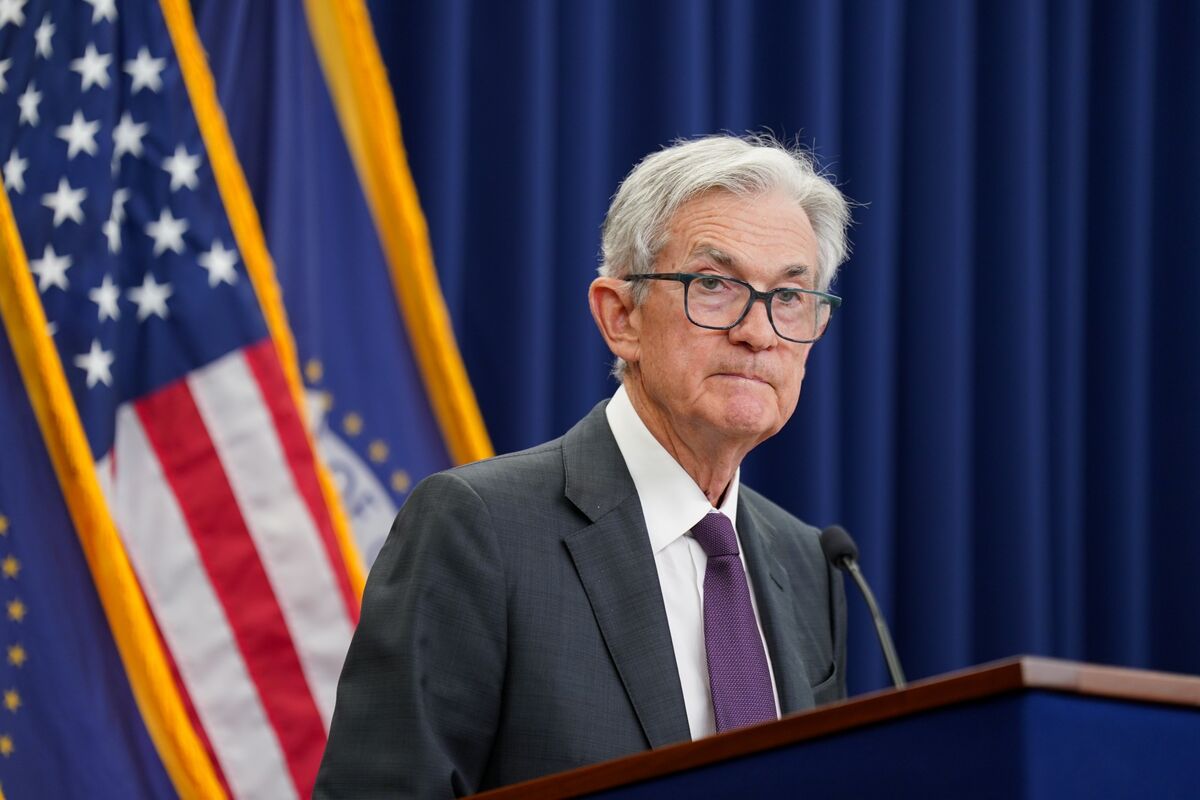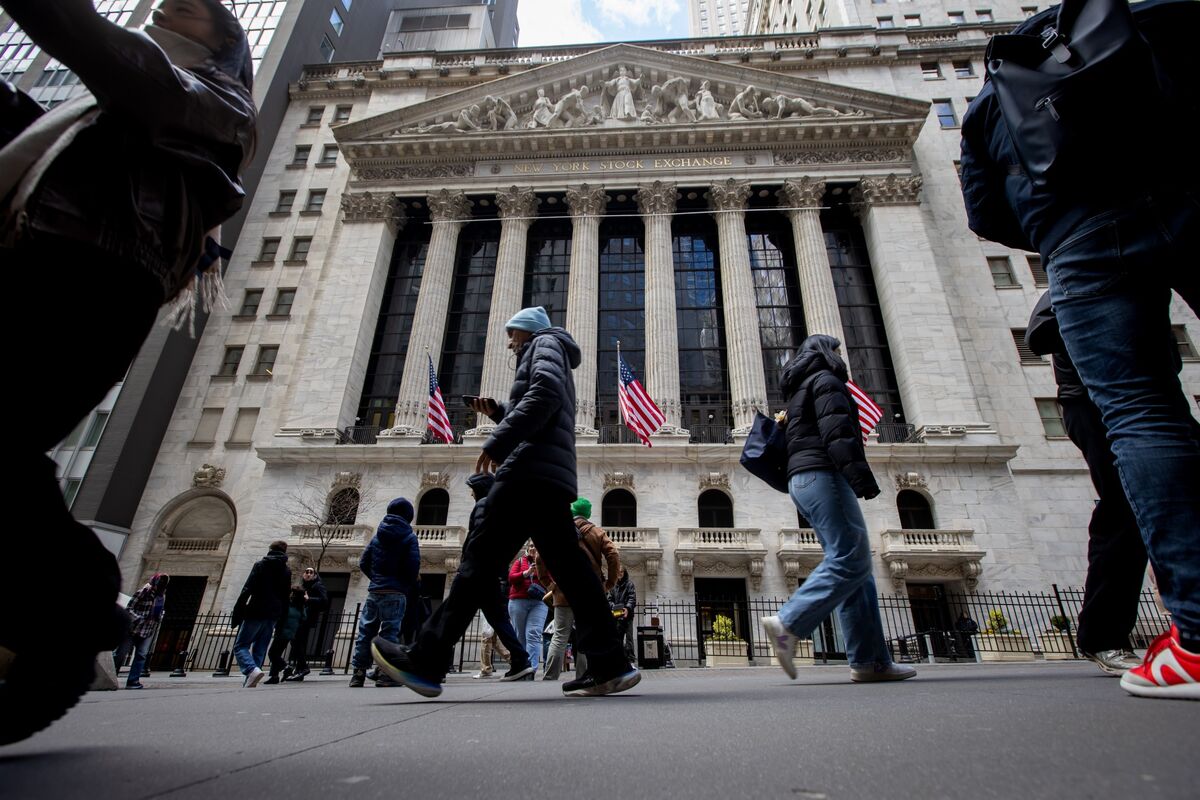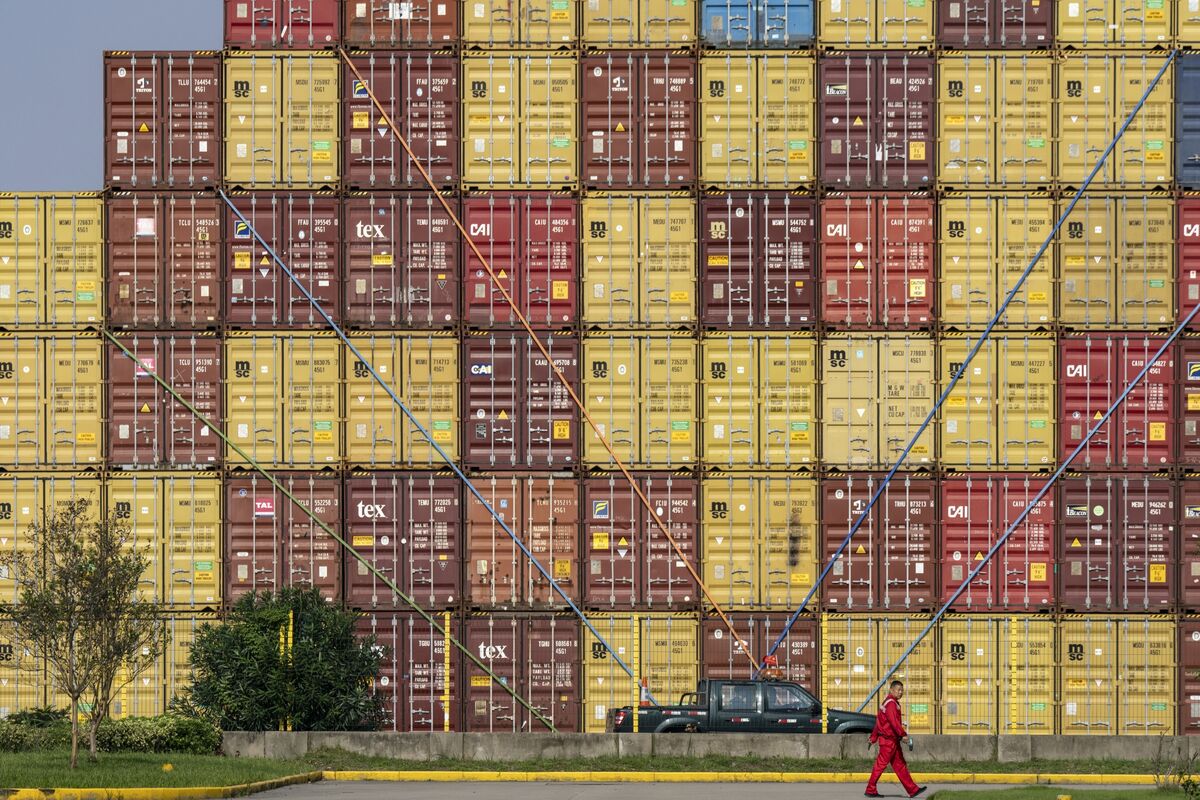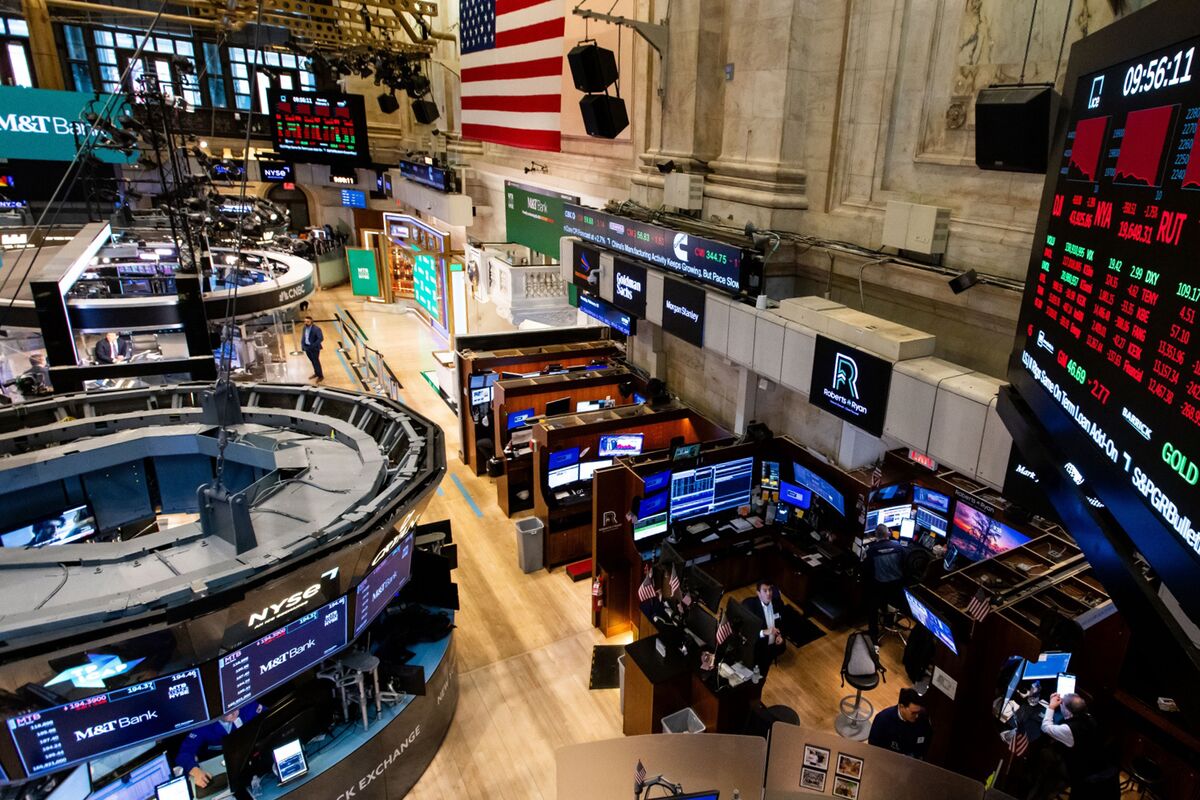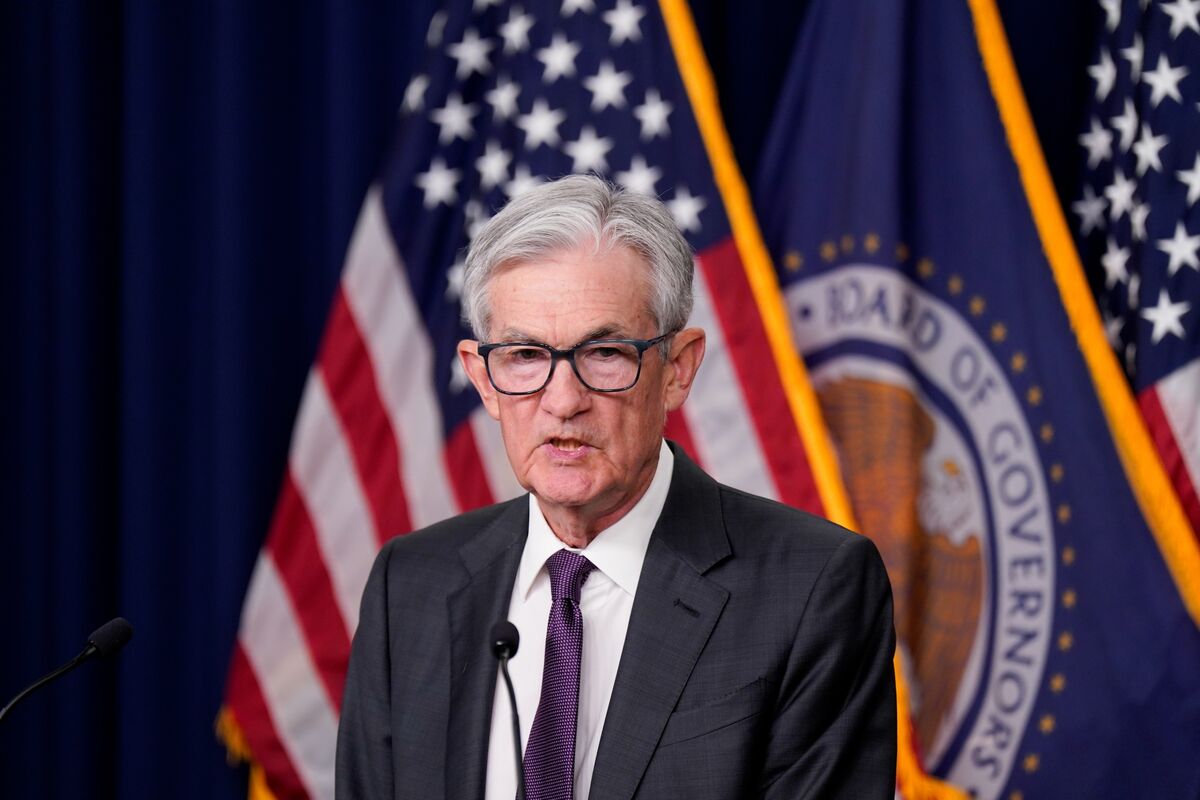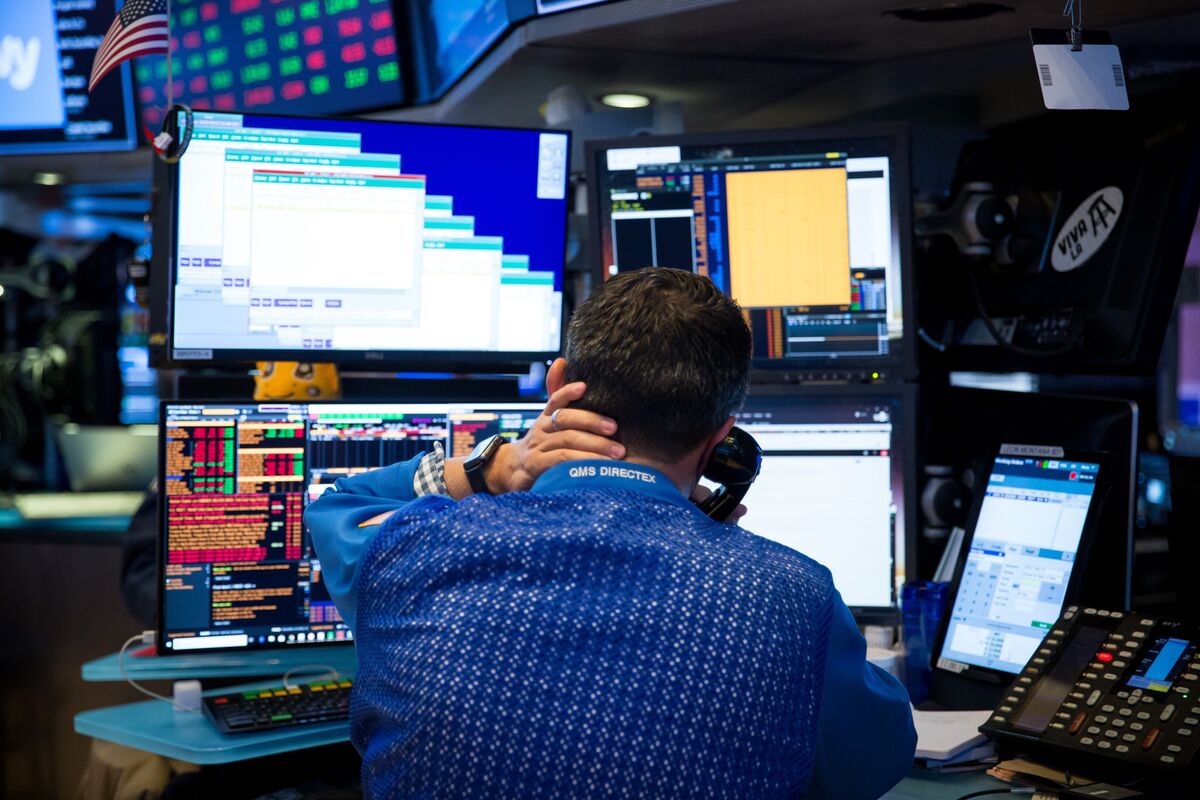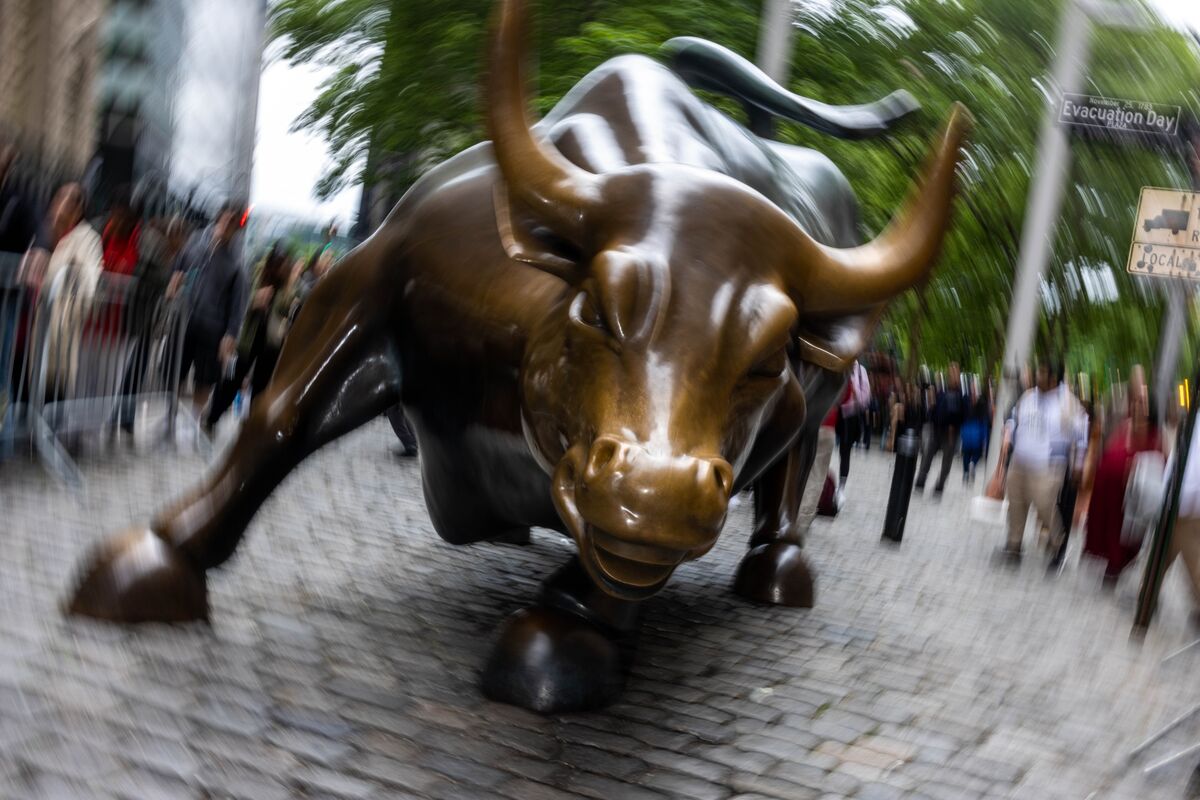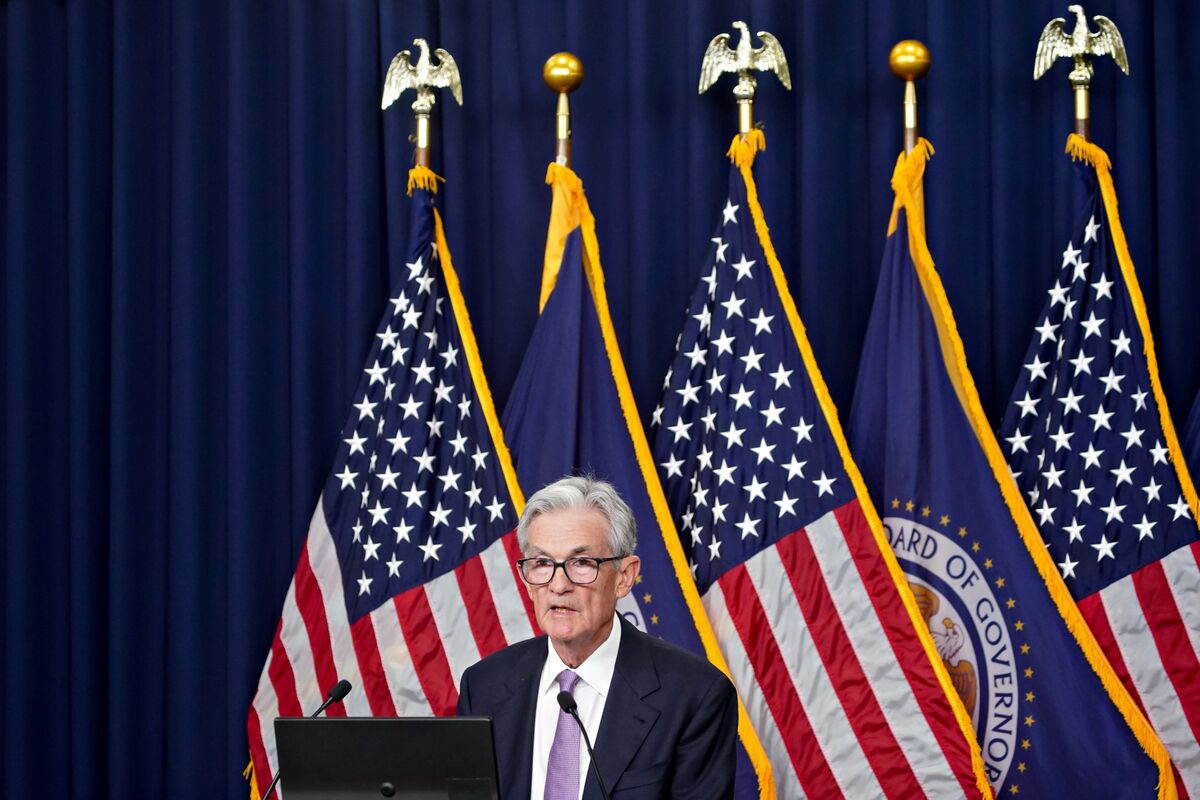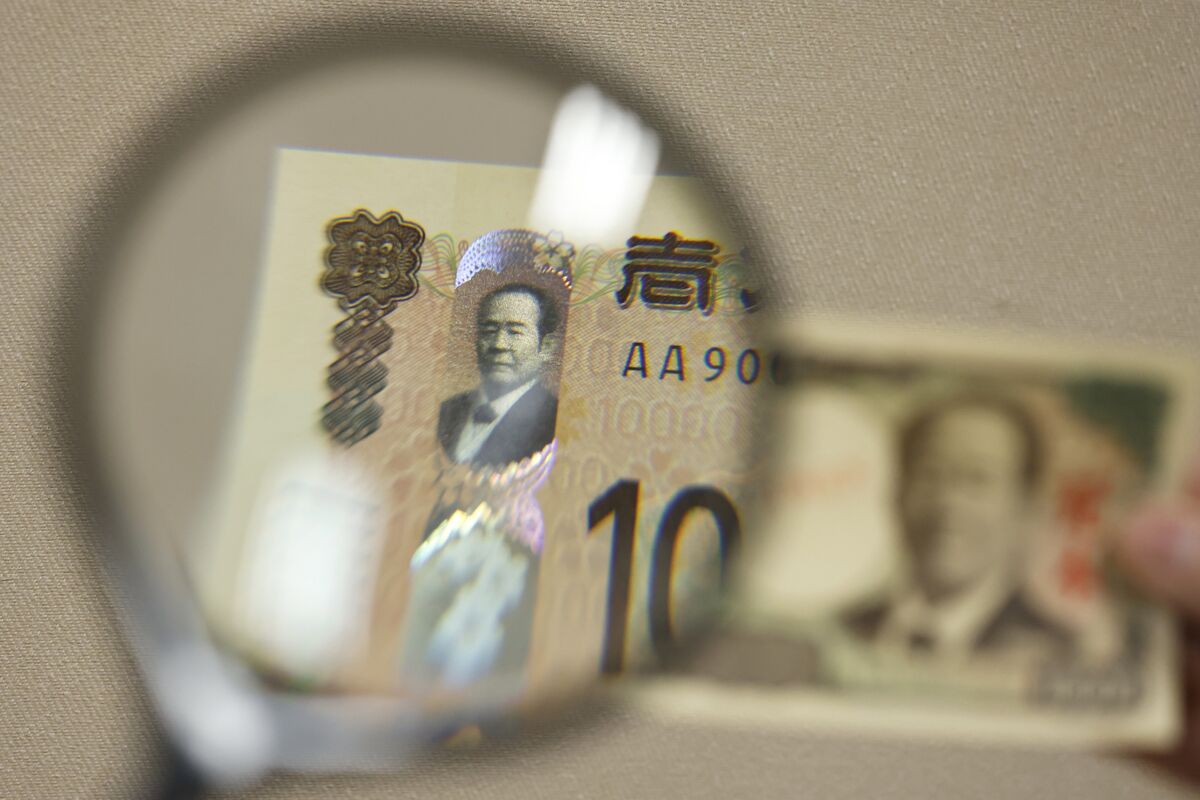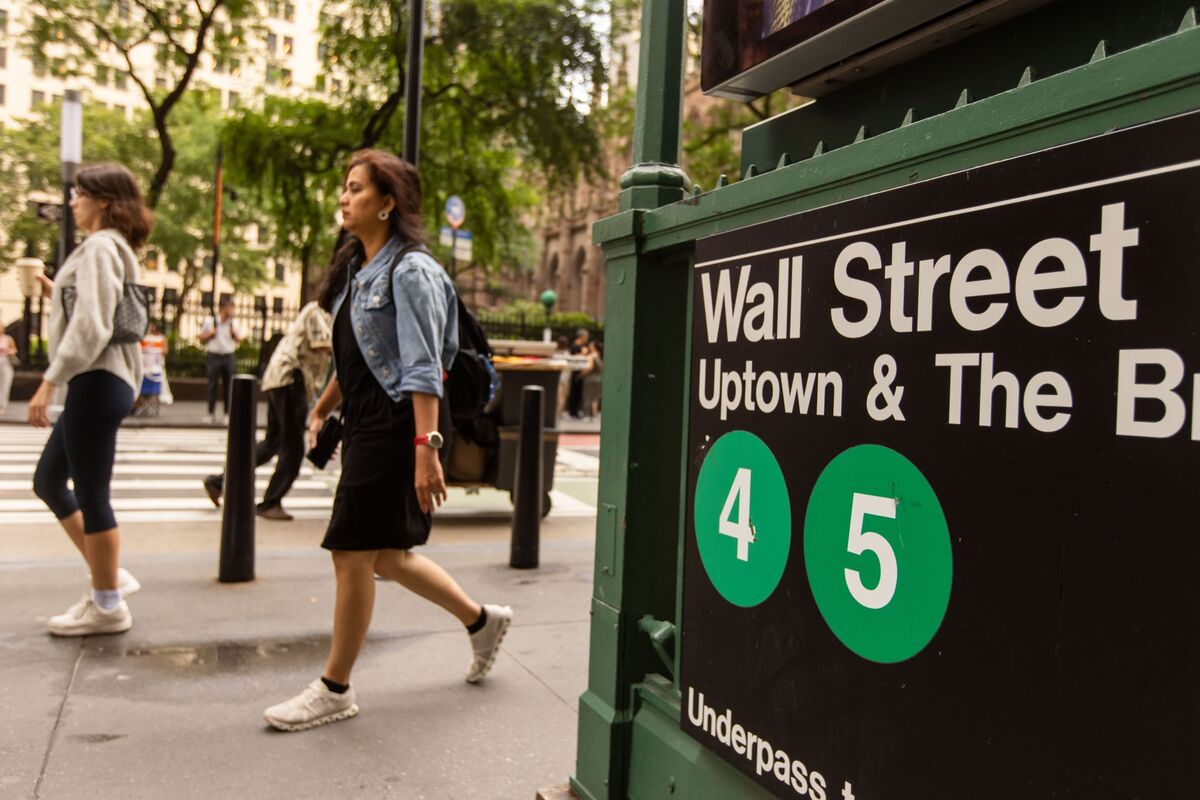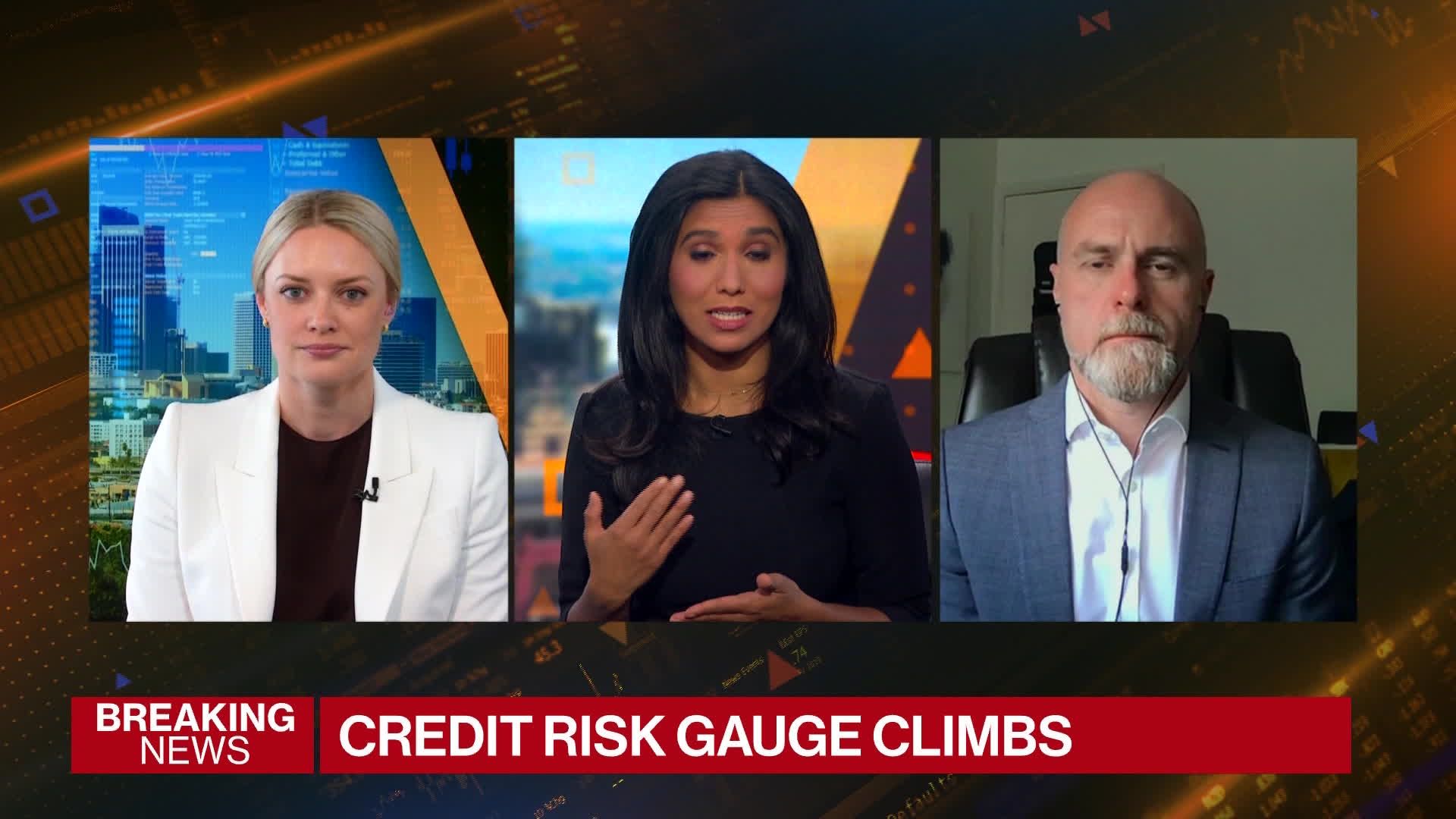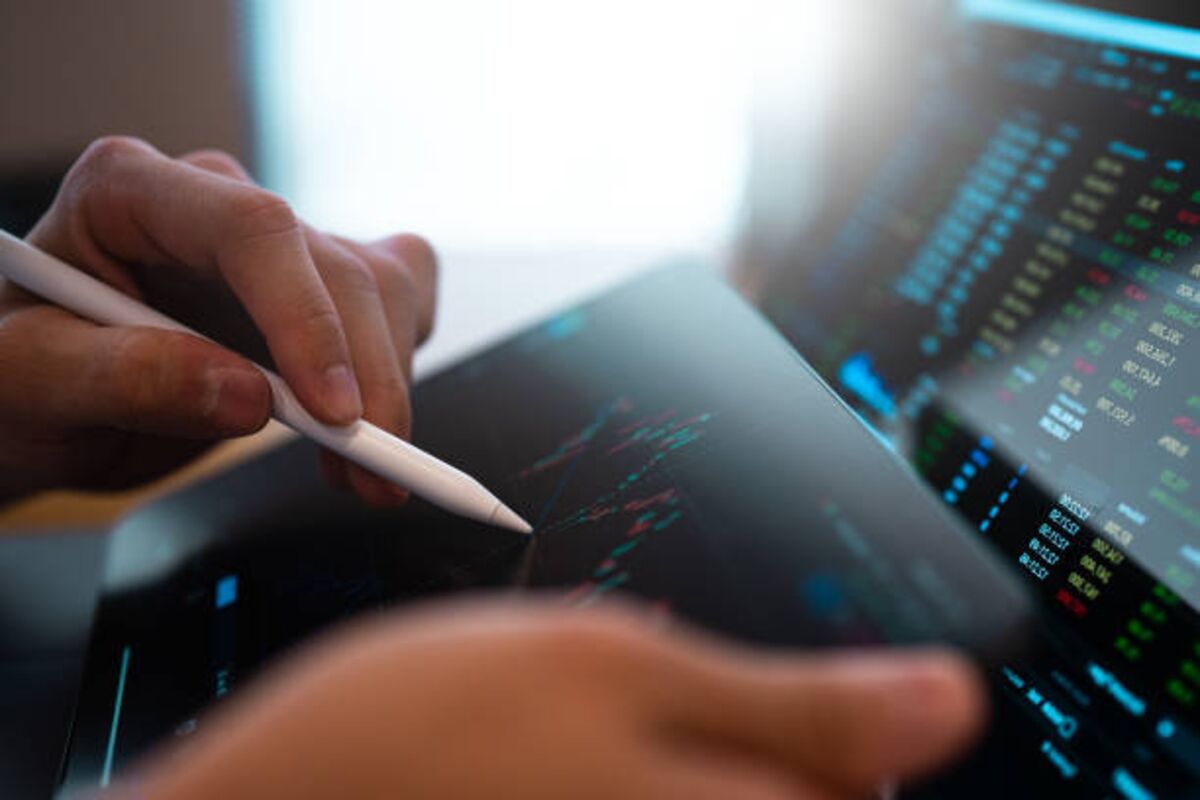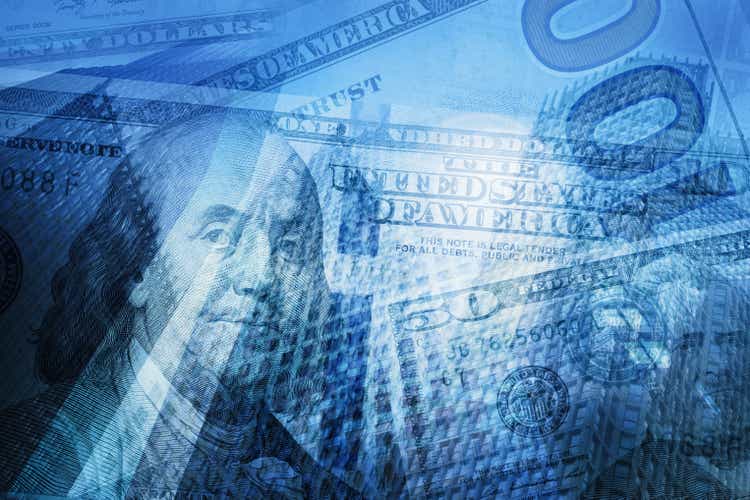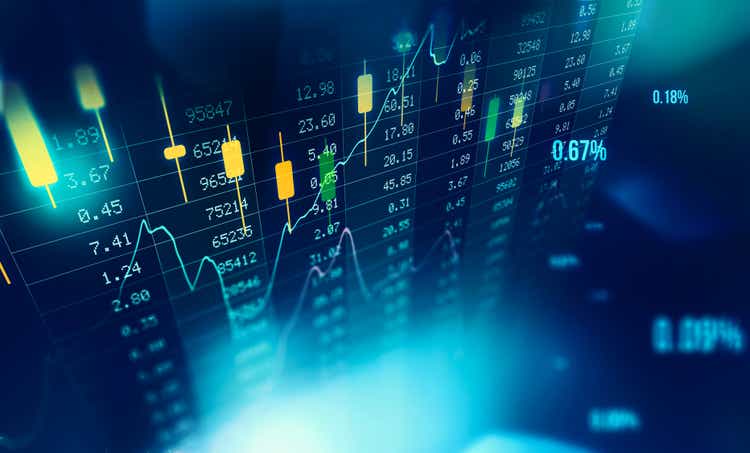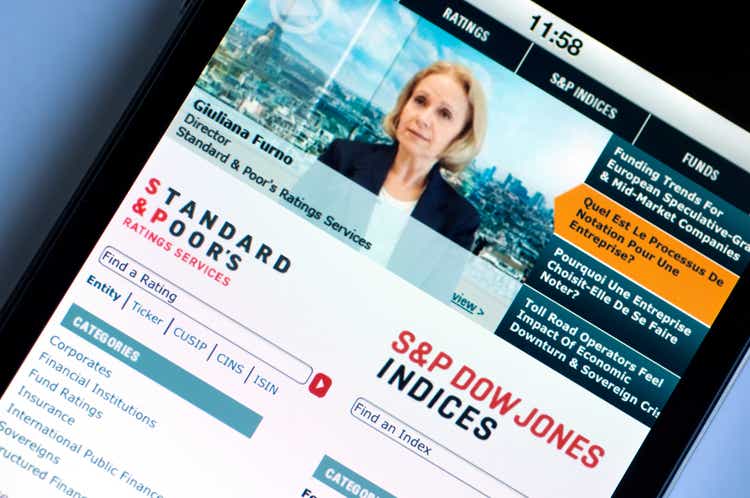24.4257 USD
-0.09 (-0.36%)
INFO Latest News, Press Relases and Analysis
All
Press Releases
3 months ago - By: Bloomberg
4 months ago - By: Bloomberg
5 months ago - By: Bloomberg
9 months ago - By: The Business Journals
10 months ago - By: The Business Journals
7 months ago - By: Bloomberg
8 months ago - By: Bloomberg
8 months ago - By: Yahoo Finance
8 months ago - By: Bloomberg
8 months ago - By: Yahoo Finance - Mentions: JPM
8 months ago - By: Bloomberg
8 months ago - By: Bloomberg
9 months ago - By: Bloomberg
9 months ago - By: Bloomberg
9 months ago - By: Bloomberg
9 months ago - By: Yahoo Finance - Mentions: XOM
a year ago - By: Bloomberg
a year ago - By: Bloomberg
a year ago - By: Bloomberg - Mentions: DXJ
a year ago - By: Bloomberg - Mentions: IWM
a year ago - By: Bloomberg
a year ago - By: Bloomberg
1 years ago - By: Yahoo Finance - Mentions: BLK
2 years ago - By: Bloomberg
2 years ago - By: Yahoo Finance
2 years ago - By: Yahoo Finance
2 years ago - By: Benzinga
2 years ago - By: Seeking Alpha - Mentions: SPGI
3 years ago - By: Seeking Alpha - Mentions: SPGI

